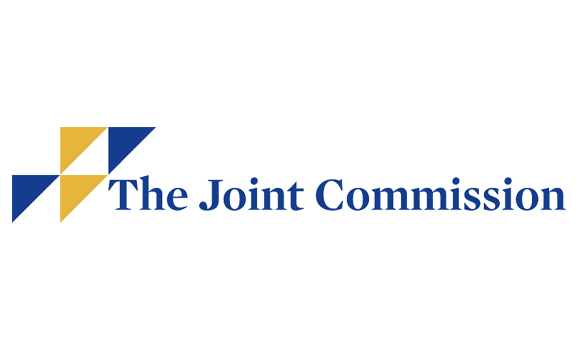
Editor's Note Artificial intelligence (AI) and evidence-based fasting practices could significantly enhance safety and comfort for children undergoing surgery, according to research presented at the ANESTHESIOLOGY® 2025 annual meeting that took place on October 10–14. One study found AI systems outperform standard methods in key pediatric anesthesia tasks, including selecting…

Editor's Note Patients’ social conditions, language, and sleep patterns may play a larger role in surgical recovery than previously recognized, according to three studies presented at the ANESTHESIOLOGY® 2025 annual meeting that took place on October 10–14. Researchers from the University of California, San Diego, found patients facing food insecurity…

The migration of surgical cases from inpatient settings to ambulatory surgery centers (ASCs) continues to reshape perioperative leadership in 2025. Nationally, the trend is driven by payer incentives, patient preference, and cost pressures, with ASCs now performing more orthopedic, spine, and complex outpatient procedures than ever before. In fact, the…

Editor's Note The American Society of Anesthesiologists (ASA) has partnered with Epic to launch the Anesthesia Community Registry (ACR), which is designed to enable easier data collection, benchmarking, and insight generation at scale. Powered by Epic’s new Community Registries platform, the ACR will complement ASA’s existing National Anesthesia Clinical Outcomes…

Editor's Note Preadmission clinics (PACs) are supporting perioperative care by reducing complications, shortening hospital stays, and improving surgical outcomes—particularly for high-risk patients. As detailed in the April 2025 edition of ASA Monitor from the American Society of Anesthesiologists (ASA), PACs operate as multidisciplinary outpatient hubs where medical optimization, risk assessment,…

Editor's Note The Joint Commission announced significant updates taking effect immediately to the eligibility requirements for its cardiac and stroke certifications, developed in collaboration with the American Heart Association (AHA) and the American Stroke Association (ASA). According to the April 2 announcement, key revisions involve the removal of percutaneous coronary…

Editor's Note Preoperative use of GLP-1 receptor agonists was not significantly associated with an increased risk of aspiration pneumonia or acute respiratory failure after surgery, according to a March 4 report in MedPage Today. The article focuses on a retrospective cohort study of over 366,000 surgical patients found no meaningful…

Editor's Note Efforts to reduce the risk of postoperative delirium in older patients should focus on preoperative evaluation, anesthesia choices, and medication management, according to the American Society of Anesthesiologists (ASA). Designed specifically for treating adults aged 65 and older undergoing inpatient surgery, these new, evidence-based recommendations are presented in…

Editor's Note Research presented at the American Society of Anesthesiologists (ASA) annual meeting has found that beta-blocker use is associated with an increased risk of postoperative stroke, particularly among Black and Hispanic patients undergoing noncardiac surgeries, Medpage Today reported October 20. According to the article, the retrospective study analyzed the…
Editor's Note On July 14 and 15, the American Society of Anesthesiologists (ASA) hosted a virtual event, the Anesthesia Quality and Patient Safety Meeting, which brought to light new research on when to administer epidural anesthesia in the OR, an anesthesiologist-led infection prevention program reducing rates of surgical site infections…